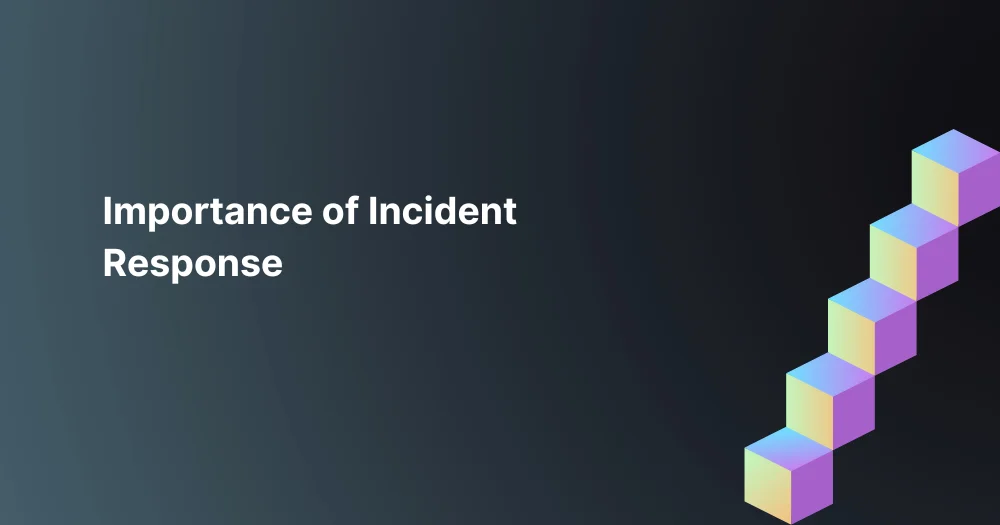
It would be impossible to expect a CIO or CISO to prevent any and all possible security breaches, but considering that such a breach is considered a when, not if, event, every enterprise should be prioritizing incident response. Poor incident response can be damaging to the organization’s ability to continue to do business.
Budgetary concerns: In many enterprises, a limited budget can delay or impede incident response. Even a limited budget must make room for handling a security breach, allowing funds for swift response and damage control.
Companies that have not created a plan and an appropriate budget to handle a cyberattack may end up spending a lot more than they would otherwise. The time it takes to formulate a plan and identify people with the skills to handle the incident allows the hackers that same amount of time to do more damage.
A second, indirect effect of not having a plan is that the employees tasked with damage control and recovery are taking time away from their core duties, and costing the company money related to productivity.
Investing in insurance: Many organizations include insurance as part of their incident response plan, but it’s important not to make the mistake of making this the sole investment for incident response. When a breach occurs, it’s common for an enterprise to find that insurance support is limited in its scope and is not the all-inclusive service the enterprise supposed it was.
The true cost of a breach: A cybersecurity breach involves the stolen data, the damage done to the system, the loss of productivity while handling the incident, intellectual property theft, fraud, and the disruption to normal business processes. An incident response plan must take into account each of these areas.
The cost of reputation that comes with a cyberattack should also be addressed with an incident response plan. Depending on the type of breach, this may be the costliest aspect.
Every organization is at risk: Smaller companies may assume that they are not as much of a target as bigger enterprises, but hackers often target smaller companies because they may have few prevention measures in mind. Every company should assume that they are a target.
It’s no longer enough for IT departments to secure the perimeter of their network. Cloud solutions and integrated systems are complicating incident response plans. To learn more about the kinds of security measures necessary for today’s enterprise, contact BlackPoint IT Services.